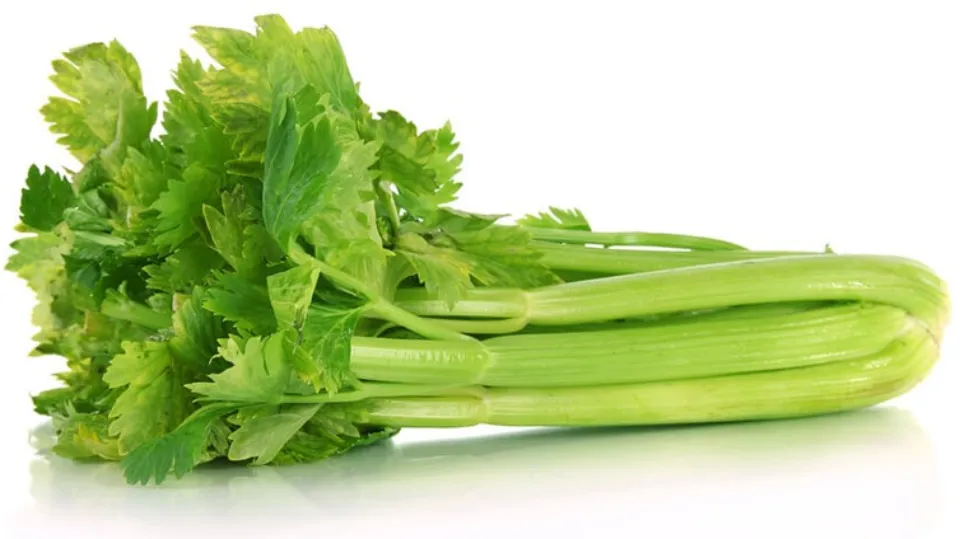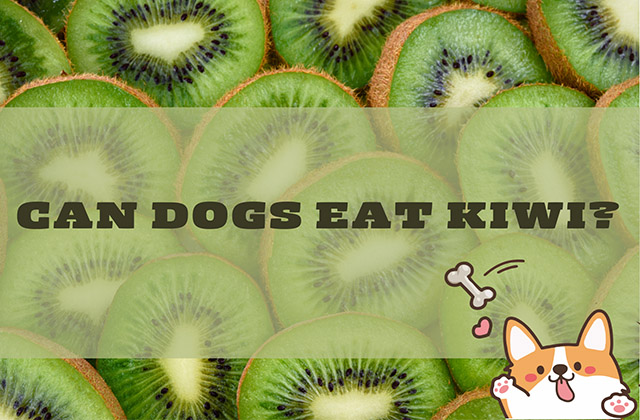
Can Dogs Eat Celery? Is It Safe?
Celery is frequently kept in the refrigerator by pet owners, so our canine friends will eventually become curious about trying a bite. So, Can Dogs Eat Celery?
Yes, celery is typically regarded as a safe food for dogs. Even though celery isn’t typically found in dog food, it can be given to your dog as a snack in moderation if they seem particularly fond of this crunchy vegetable.
Keep reading.
Table of Contents
Is Celery Safe for Dogs?
Several websites, such as the veterinary website Vetstreet.com, list celery as one of the vegetables that are safe for dogs, and it is frequently suggested as a treat for weight loss. Celery has very little fat and cholesterol and is a fantastic source of fiber, folate, potassium, manganese, vitamins A, C, and K. The vegetable’s crunch may also help your dog’s breath smell better.
How Much Celery Can Dogs Eat?
Since your dog’s nutritional needs should be met by their food, your pup does not need the extra nutrients in celery to stay healthy. If your veterinarian advises otherwise, celery should only be given as a treat rather than a replacement for meals. But how much celery can dogs eat?
The AKC Canine Health Foundation advises that treats should not make up more than 10% of your dog’s daily diet. This makes it relatively easy to calculate how much celery to give your dog. Finding out how many other treats your dog receives daily and how much food they eat is all that is required. Additionally, you can enquire with your veterinarian about the proper serving size.

The Risks of Feeding Celery to Your Dog
Although celery is considered to be safe for dogs, every pup is different. While some dogs will adore chowing down on this green vegetable, others won’t even be aware it exists. Similar to how some dogs can consume it in moderation without experiencing any issues, other dogs will experience stomach upset. If it’s the first time you’ve given your dog celery, be sure to give them a small amount and watch out for any negative reactions.
Your dog may suffocate if you feed it celery. The vegetable is tough and fibrous, so some dogs, particularly smaller ones, might find it difficult to consume if it is offered in large chunks. Therefore, it’s crucial to cut the celery into manageable chunks.
How Not to Feed Celery to Your Dog?
When asked “Is celery good for my dog,” the answer is frequently “yes,” but there are a few restrictions. Here is what to avoid when feeding celery to your dog:
Don’t Add Salt
It may be tempting for owners to salt celery to make it more palatable for their dogs. Overdosing on this condiment, however, can cause health issues for your pet. Washing celery and chopping it into bite-sized pieces without adding anything else is the best way to feed it to your dog.
Be Mindful of Other Ingredients
Celery is used in a wide variety of dishes, some of which may also contain ingredients toxic to dogs, like onions. Avoid giving your dog celery from stews, soups, or other dishes to prevent an urgent trip to the vet. Instead, choose a straightforward vegetable that is fresh or steamed, unseasoned, and cut into bite-sized pieces that your dog will enjoy eating.
Read about
What Vegetables Can Dogs Eat Besides Celery?
The majority of dogs can eat celery with no issues. However, you might now wonder what other vegetables are healthy for them. You might want to know, “Broccoli is safe for dogs to eat.” for example.
This list is for you if you’re unsure of what other vegetables your dog can eat. Here are some other vegetables for dogs that are great to add to their diets:
- Pumpkinsand pumpkin puree
- Carrots
- Cucumbers
- White potatoes
- Sweet potatoes
- Asparagus
- Green beans
- Peas
Many fruits are safe for dogs to eat as well. For instance, they are permitted to consume small amounts of avocado (which is, in fact, a fruit and not a vegetable), apples, oranges, and mango.

Summary: Can Dogs Eat Celery?
What about celery, then? It turns out that celery is a safe and even healthy food for dogs when consumed in moderation. In addition, celery has a lot of potassium and fiber. A, C, and K are just a few of the many vitamins it offers. It also has low levels of fat and cholesterol.
If your dog likes celery, consider substituting some of their daily treats for pieces of the crunchy, refreshing veggie. Due to its low calorie content, celery can be a particularly good treat choice if you have a pet who is trying to lose a few extra pounds. Consult your veterinarian to make sure this is safe for your dog and to find out how many calories per day can come from treats.
Please post a comment if you have any queries. I appreciate you reading.




